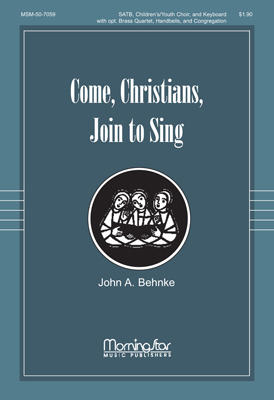'Tis my happiness below. W. Cowper. [In Affliction.] Appeared in Lady Huntingdon's Collection, 1774, No 143, in 3 stanzas of 8 lines, and in the Olney Hymns, 1779, Bk. iii., No. 16. In the Lady Huntingdon Collection it precedes, and in the Olney Hymns it follows Cowper's "God moves in a mysterious way" and seems to have been written at, or about the same time, and under the same circumstances. Its modern use is mainly confined to America where, in its full, or in an abridged form, it is somewhat popular.
--John Julian, Dictionary of Hymnology (1907)
=============
'Tis my happiness below, p. 1178, i. From the manuscript volume described under Cowper, W., p. 1625, ii,, this hymn, on p. 209, is given as "by Mr. W. C. of Olney, 1773." This shows, as stated at p. 1178, i., that it was a companion hymn to "God moves in a mysterious way," and was written at or about the same time, and before his attempted suicide in October 1773. In the MS. st. ii., 1. 7, reads:—
"Trials lay me at His feet,
Lay me low and keep me there."
When printed it was altered to:—
"Trials bring me to His feet,
Lay me low and bring me there."
See Notes & Queries, Sept. 24, 1904.
--John Julian, Dictionary of Hymnology, New Supplement (1907)


 My Starred Hymns
My Starred Hymns







